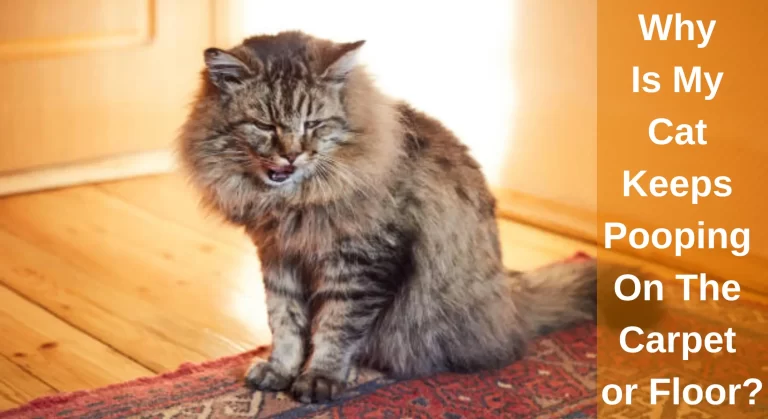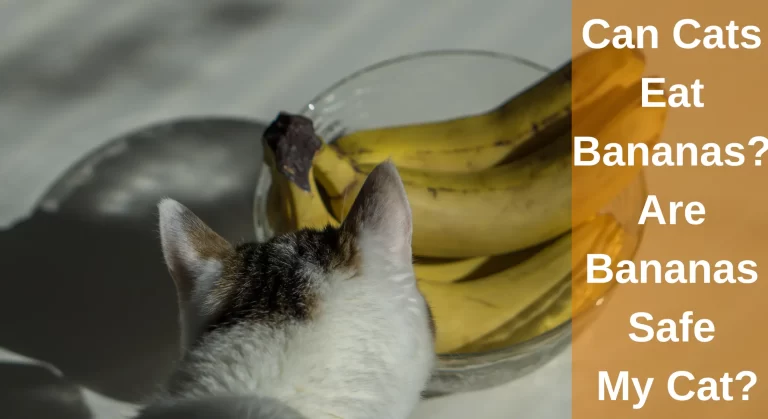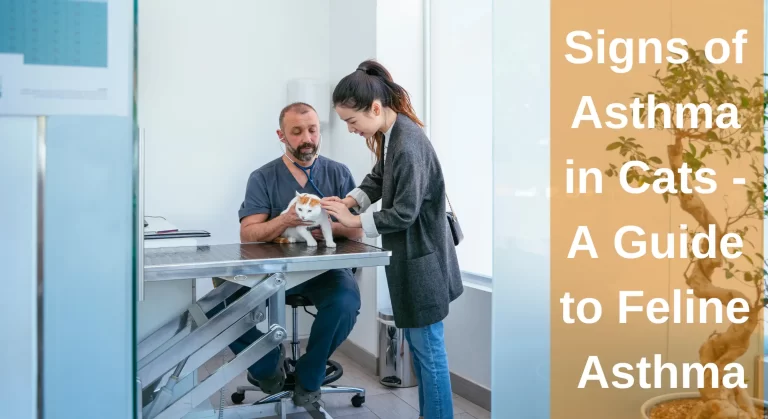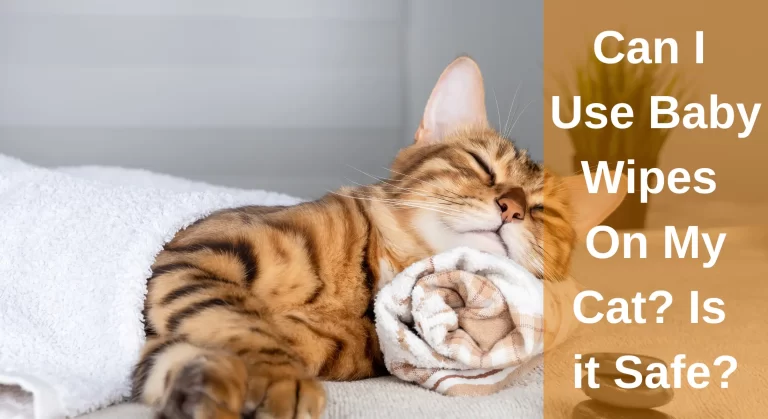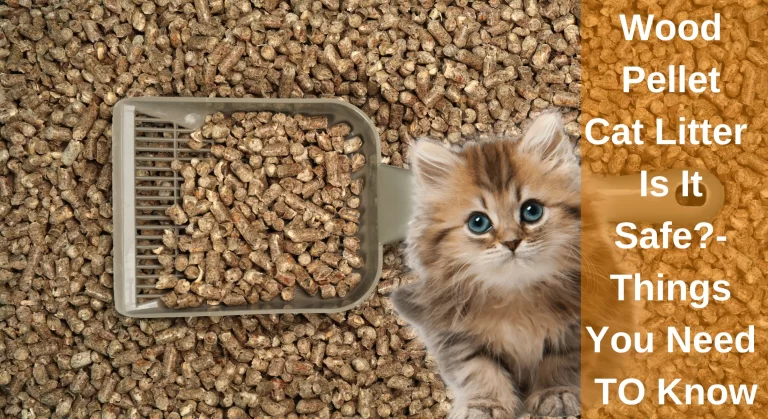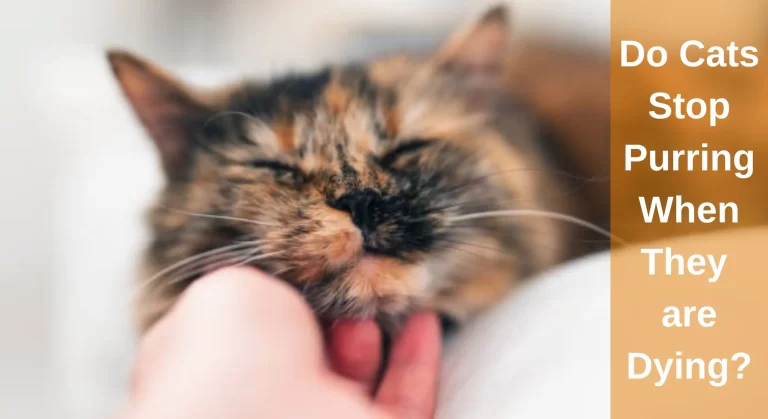Cat Lethargic 3 Days After Spay: Is It Normal? Things Cat Owners Should Know
The spaying of cats is a common procedure performed by veterinarians. Although spaying is typically a safe procedure, it is extremely tiring and quite unpleasant for your cat. Moreover, most cat owners become worried and ask do their cats become lethargic after spaying surgery. Do Cat Lethargic 3 Days After Spay?
Yes, when you first take your cat home, she will be quite exhausted for almost 24 hours. It is due to the residual anesthesia and physical weariness following the procedure, therefore your feline will sleep for the majority of this time. But if after 24 hours, your felines’ energy level doesn’t become normal you must call your veterinarian and explain the situation to him. There is a chance of problems or infection, therefore it’s crucial to take your feline back to the veterinarian.
There are specific actions you must follow after your feline has had complete spaying or neutering to ensure proper treatment and rehabilitation for your beloved companion. In this article, I’ve mentioned every detail, regarding what you should assume after neutering your cat, how to care for them, and much more!

Do Cats Lose Energy After Being Spayed?
It is typical for felines to feel worn out and need to recover after having their bellies spayed. However, these symptoms are temporary and will most likely disappear within a few hours. Cats are given medications throughout surgery that make them both excitable or extremely sluggish, although neither of these behaviors persists after the medications have left the cat’s body.
People frequently resist having their felines spayed because they think the procedure would alter their cat’s nature, although this belief is unfounded. Cats go through heat cycles before becoming spayed, which makes them extra friendly and even needy.
Your feline may not look as happy as it did before the operation, however, this may fade quickly once they become neutered and quit expressing that much love. They might maintain the same amount of energy; they simply don’t use it to seek care.
It’s natural for your feline to feel exhausted following the procedure, so after some days, you must see your veterinarian because felines often cure within the first week or two of becoming neutered. Therefore, it might be worrying if they continued to feel exhausted after the operation and there may be more causes.
Find Out: How Long to Keep a Cat Confined After Spay or Neuter?
Is it Normal for My Cat to be Lethargic 3 Days After Spaying?
Yes, it is very natural if your feline seems tired three days just after the neutering procedure because it requires them some time to heal from the procedure. The medications make your feline active for some hours or even several days, but once the medications’ effect fades off, they’re far more likely to experience sluggishness. So, it is very natural if your cat seems tired after being spayed.

If your feline continues to appear tired after it becomes healed, you must seek guidance from your veterinarian to allow them to look for any troubles. Felines typically need 14 days to heal from the operation, because if your feline displays signs of tiredness throughout that time, it is clear that the feline is sleeping and conserving energy to heal from the procedure.
Also, Check Out: Cat Not Eating After Spay: Reasons Cat Owners Should Know
How Long Do Cats Stay Lethargic After Spaying?
Felines require 2 weeks to heal after the neutering procedure, although your cat’s recovery time may be longer or shorter. This is the typical amount of time it requires for a feline to heal following surgery, although your feline may heal more quickly or more slowly. The cat appears to be sleeping and recovering stamina during this two-week time after the operation.
For some felines, the medications used after the operation may cause them to appear active for some time before becoming tired; this is normal and causes no cause for concern. However, if your feline continues to exhibit signs of fatigue even after recovering, you need to provide it with the proper medical care because it may indicate an untreated issue.
Check Out: Can a Neutered Cat Live with an Unneutered Cat
How Long Does It Take A Female Cat to Recover After Spay?
A feline needs 2 weeks to heal after being spayed. The effects of the medications usually fade off within a couple of hours, however, it may also take 1 week for them to be fully free of all signs. The tiredness increases when the medication’s effect is gone, and it requires the feline another 10 days to rehabilitate from the operation before they fully experience the discomfort of the wound that was done on their bodies during the procedure.
You need to ensure that your feline eats and rests properly. They require as much food as they may get. To help them recover their strength, you must also ensure they drink much water and eat a healthy diet.
Also Read: Can a Neutered Male Cat Still Get a Female Pregnant?
What to Expect Immediately After the Spay?
Just after the surgery is finished your feline will be sleepy and possibly a little confused due to anesthesia. Some felines become more aggressive when they’re hurt and feel exposed. When your feline is healing from the procedure, you might expect some strange behavior from him, but specialists guarantee that her nature will not vary.

Many felines may find going to the veterinarian and having neutering surgery to be terrifying and distressing. For 10-15 days after the treatment, your feline may exhibit frightened or anxious behavior. You can comfort her by giving her soft pet attention and providing a warming, quiet place for healing because this change in behavior is only for some time.
Also Find Out: Signs of Infection After Neutering Cat:
Aftercare for Cat Spaying
Follow all aftercare directions given by your vet, which may include:
1. Calm your feline
The first point vets will mention is that felines need to be calm while recovering from a spaying or neutering procedure. No extreme jumping, leaping, or playing is allowed. When dealing with a kitten, this may be challenging since most kittens won’t follow a doctor’s orders. And after they’re returned home, they’ll resume their routine as they typically feel healthy to do it.
2. Prevent your felines from going outside
Protecting your felines from going out after an operation, especially after a big belly surgery like a neuter, is one strategy for keeping them calm. This prevents felines from hopping off barriers or fencing and running erratically throughout the backyard, potentially risking their wounds. Additionally, keeping them inside lets owner often monitor their felines while they recover.
3. Considering Isolating cats
The best method for preserving newly spayed or neutered felines quietly following the operation is to confine them to an isolated room for a couple of days. This successfully keeps them away from other pets who may play with or bother them while they’re recovering. Additionally, choosing spaces with low-lying furnishings allows you to restrict the height of your furnishings.
4. Examine the surgical site
The surgery area must be checked approximately 1 time per day. Check to see whether it is not red, bloated, leaking, or looks to have been licked. Any of these discoveries necessitates a trip to the vet!
5. Make use of the healing collar
To prevent your feline from touching the wound region, your veterinarian may advise wearing a healing collar. Utilize this for the recommended duration according to your vet’s recommendations.
6. Obey all postoperative guidelines, which include a follow-up appointment.
Although some doctors advise felines to avoid taking any drugs or paying special care to the incision, others advise keeping the surgical site hygienic, covered with dressings, or giving medicines. Make sure you follow all this advice.
7. Give attention to your feline
You must do a little more care after a neutering or spaying surgery. After spending a lot of time in an unfamiliar environment, some felines require reassurance that their lives will be normal and they’re getting enough love.
Consult your veterinarian or a medical clinic right away if you are experiencing any of the following symptoms as they could indicate a significant surgical problem such as an internal hemorrhage or injury to the urinary system:
- Refusal to eat after 12 hours following surgery
- Tiredness or sluggishness
- Gums become white
- Stomach swelling
- A rapid or slow breathing
- Several incidents of vomiting and diarrhea
- Struggling to pee but producing no urine
- No urinating for 12 to 24 hours following surgery
How to Keep the Spay Incision from Opening or Getting Infected?

1. Keep your feline from liking the stitches
A major reason for infestations and early stitches opening is cats licking their incisions. Your feline will need to wear an E-collar or jumpsuit following neutering to cover the wound region and stop her from nibbling her stitches.
2. Don’t allow your cat to engage in excess activities
Greater activity or mobility following a spay operation is the second most common reason for incisions to open. If your feline is merely making routine, reduced activities, the stitches will remain closed.
Elevated behaviors like hopping, racing, and fighting with other felines might lead to the stitches rupturing. After the operation, activity limitations are usually in effect for a minimum of 10 to 14 days.
If your feline’s wound is opened, it might cause health problems that need immediate attention. If you see any of the following, you must contact your veterinarian right away:
- Skin irritation
- Blisters
- Bulging
- Discharge of a nasty smell
- Reopening of the wound
For almost 24 hours following a spay operation, a minimal quantity of blood-tinged drainage and some skin irritation at the wound site is quite normal are typical. Give your pet all recommended meds as usual. Stitches typically attached within 2 weeks; that’s why a cat needs that much time to recover from having their reproductive system fixed.
Interesting Reading: Why Are Male Cats Around Pregnant Female Cats?
Frequently Asked Questions
Do cats sleep a lot after being spayed?
Your feline may appear sleepy and nap a lot during the first 24 hours following the operation and it is quite normal. Maintain distance and avoid engaging your feline until essential as the effects of the anesthesia may lead her to act violently or irritated.
Do cats get depressed after being spayed?
Your cat’s mental condition is heavily influenced by hormones, and when neutering operations alter your cat’s hormone balance it causes depression. Due to the loss of their sex organs, cats that have had spaying or neutering are more susceptible to experiencing depression brought on by hormones
Is it normal for a cat to be lethargic 3 days after neutering?
Tiredness, loss of appetite, diarrhea, and vomiting are common complications for felines after neutering; but if they don’t subside within 48 hours, contact your veterinarian.
Do cats change after spaying?
According to common belief, felines don’t change after having their bellies spayed. Since the sex organs are taken after the neutering operation, they might appear aloof since these organs release the hormones that trigger them to respond to physical interaction.
Cat won’t eat or drink 3 days after spay?
After the neutering/spaying operation, your felines’ appetite won’t eat due to anesthesia for 24 hours, but after this period they’ll gradually resume eating their normal diet. Call your vet if you notice that your feline’s appetite hasn’t recovered after 48 hours.
Wrapping Up
Neutering surgery is a strenuous process, and felines need time to heal. After the procedure, they could always appear exhausted and sleepy. They are doing this in an effort to preserve strength and direct it toward healing.
The cat needs over two weeks to heal from the operation. They must receive a balanced diet throughout this period, as well as all the necessary macronutrients, to let them have a stable and healthy rehabilitation.
So, if you’re a pet owner whose feline has undergone surgery, you must monitor the cat’s progress closely. Prevent your feline’s incision region from getting infected or opened because it may increase the healing time. Love and care for your feline as much as you can after spaying.
Who is Isabella?
My name is Isabella, and I am a dedicated and knowledgeable cat enthusiast. With years of experience caring for cats and a deep love for felines, I made a mission to help other cat lovers navigate the challenges of cat ownership.

